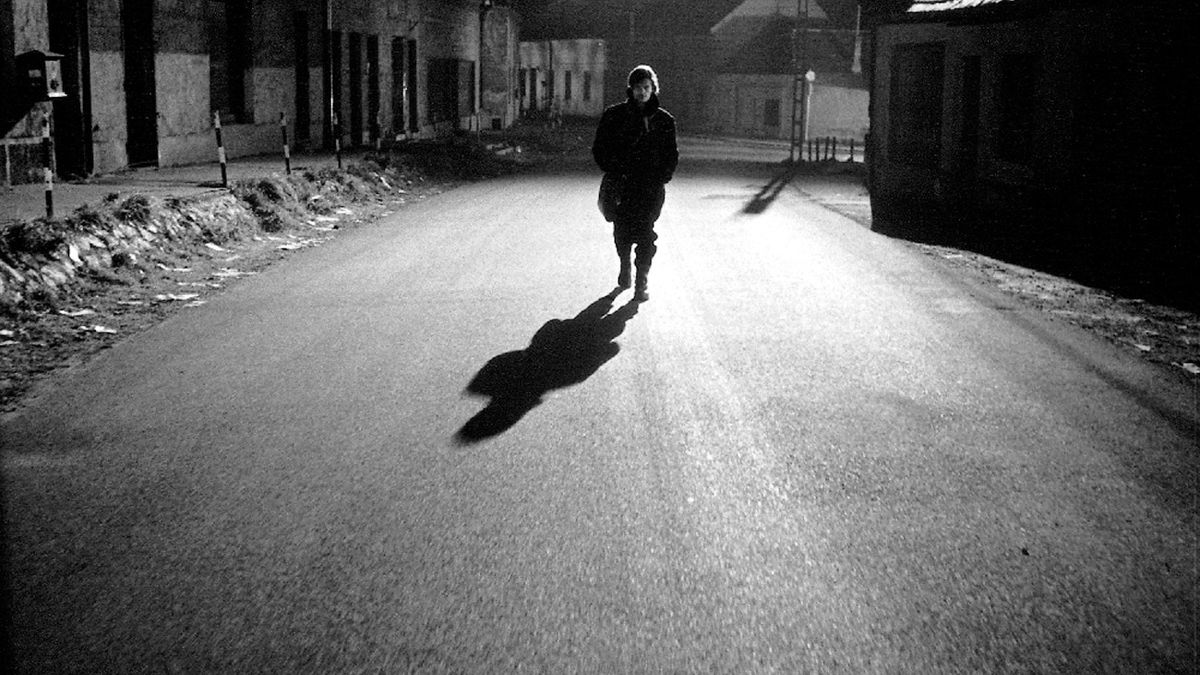

Suitcase in hand, he stepped into the room and stood there blinking in the half-light.” James Wood of The New Yorker wrote in 2011: “The Melancholy of Resistance is a comedy of apocalypse, a book about a God that not only failed but didn’t even turn up for the exam. Compact, powerful and intense, The Melancholy of Resistance, as its translator George Szirtes puts it, “is a slow lava flow of narrative, a vast black river of type.” From the novel: see that birth and death were only two tremendous moments in an eternal waking, and his face would glow with amazement as he understood this he would feel – gently he grasped the copper handle of the door – the warmth of the mountains, woods, rivers and valleys, would discover the hidden depths of human existence, would finally understand that the unbreakable ties that bound him to the world were not imprisoning chains and condemnation but a kind of clinging to an indestructible sense that he had a home and he would discover the enormous joys of mutuality which embraced and animated everything: rain, wind, sun and snow, the flight of a bird, the taste of fruit, the scent of grass and he would suspect that his anxieties and bitterness were merely cumbersome ballast required by the live roots of his past and the rising airship of his certain future, and, then – he started opening the door – he would finally know that our every moment is passed in a procession across dawns and day’s-ends of the orbiting earth, across successive waves of winter and summer, threading the planets and the stars. Eszter, plotting her takeover of the town her weakling husband and Valuska, our hapless hero with his head in the clouds, who is the tender center of the book, the only pure and noble soul to be found. The novel’s characters are unforgettable: the evil Mrs.


Word spreads that the circus folk have a sinister purpose in mind, and the frightened citizens cling to any manifestation of order they can find - music, cosmology, fascism.

A circus, promising to display the stuffed body of the largest whale in the world, arrives in the dead of winter, prompting bizarre rumors. That magisterial, surreal book, depicts a chain of mysterious events in a small Hungarian town. “Catastrophe! Of course! Last judgement! Horseshit! It’s you that are the catastrophe, you’re the bloody last judgement, your feet don’t even touch the ground, you bunch of sleepwalkers.” ― László Krasznahorkai The Melancholy of Resistance is a 1989 novel by the Hungarian writer László Krasznahorkai.


 0 kommentar(er)
0 kommentar(er)
